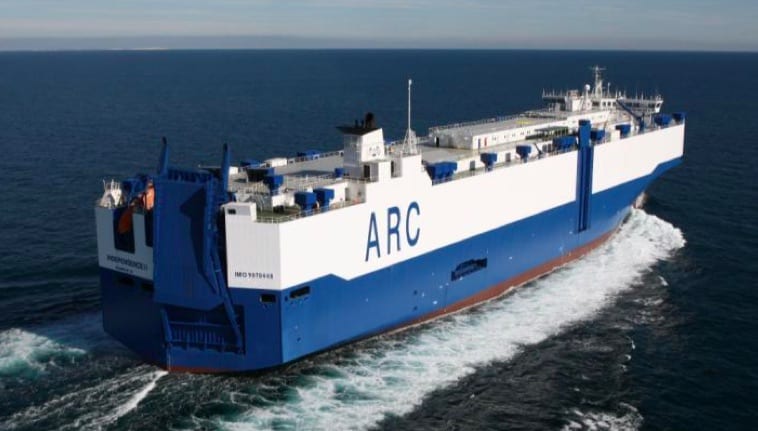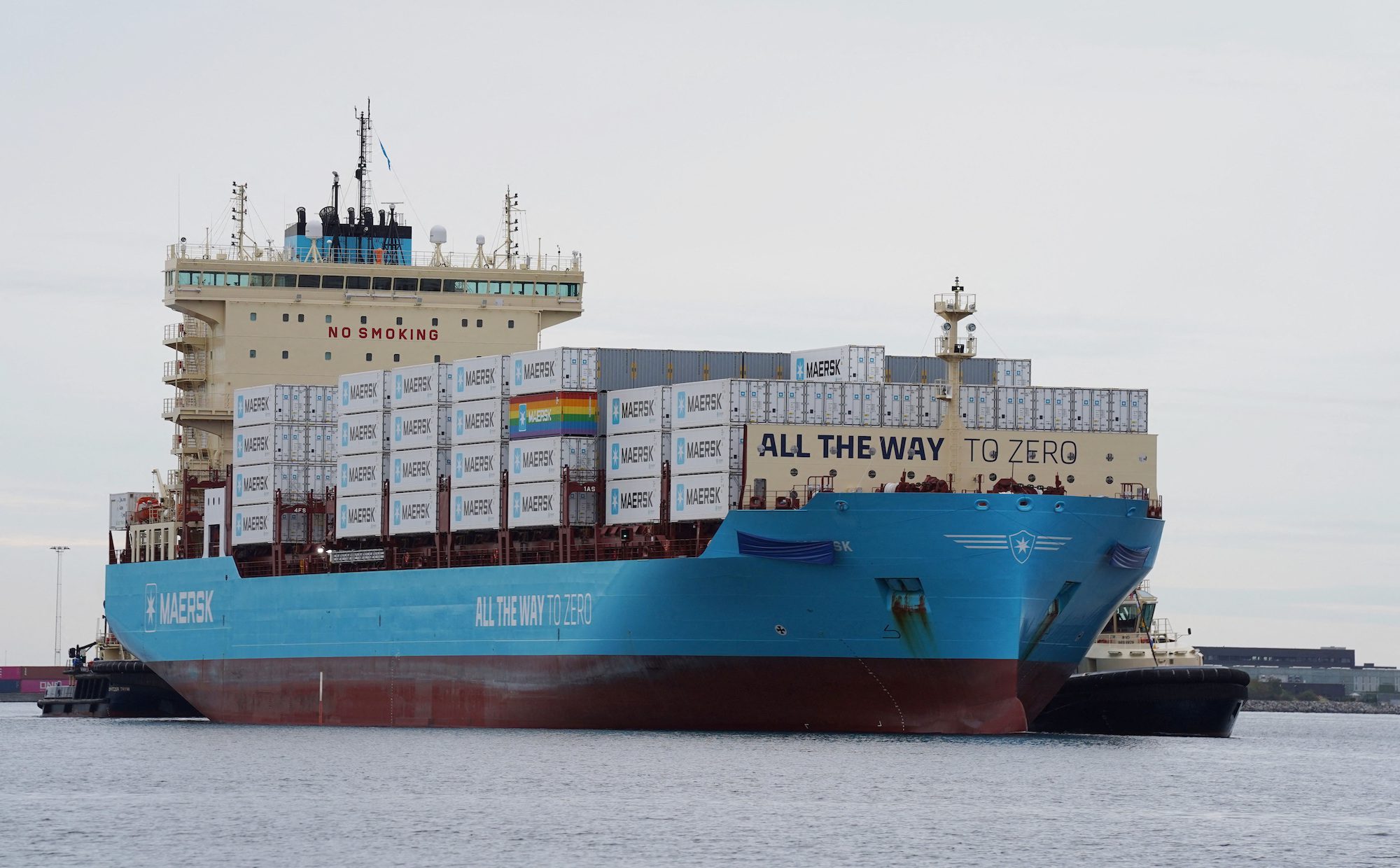Updated: December 8, 2023 (Originally published June 1, 2021)
It’s been a wild year for UK-based OneWeb. Less than a seven months after emerging from bankruptcy, the satellite communications “start-up” has launched its most recent batch of 36 satellites into Low Earth Orbit (LEO), bringing the company one step closer to starting commercial service by the end of the year.
Founded in 2012, OneWeb is looking to complete a 648 LEO satellite fleet constellation that will deliver global high-speed, low-latency internet connectivity in competition with Elon Musk and SpaceX’s Starlink, albeit with greater focus on enterprise and government customers as opposed to consumers.
After filing for Chapter 11 bankruptcy in March 2020, OneWeb emerged in November with a $1 billion equity investment from its new owners, the UK Government and Bharti Global, as well as new CEO Neil Masterson, former Co-Chief Operating Officer at Thomson Reuters. With an additional investment of $550 from Eutelsat Communications, along with other smaller investors like SoftBank and Hughes, OneWeb has now raised $1.9 billion in fresh equity, bringing it to within 80 percent of its fundraising goal.
The latest launch last Thursday adds 36 satellites to its constellation, bringing its total number of LEO satellites in orbit to 218, precisely 80 percent of the number needed for its service to reach all regions north of 50 degrees latitude by June 2021.
The launch is the fourth in a five-launch program which, by the end of the year, will allow OneWeb to offer connectivity across the United Kingdom, Alaska, Northern Europe, Greenland, Iceland, the Arctic Seas and Canada ahead of making its global service available in 2022. With this full service is the potential for $1 billion in annual revenue by year three, the company estimates.
In addition to enterprise and government customers, OneWeb will offer its high-speed, low-latency connectivity services to the maritime industry as an alternative to clunky VSAT internet solutions.
The company’s head of maritime, Carole Plessy, says OneWeb’s service can bring terrestrial-quality speed and a tenfold increase in bandwidth to the commercial maritime industry, and provide ships with multiple ‘channels’ for things like crew communications, automation, and even artificial intelligence applications.
“OneWeb believes that connectivity at sea should be as seamless and simple as it is onshore to improve the overall efficiency, sustainability and profitability of the maritime and offshore industries,” says Plessy.
As part of its business plan, OneWeb is establishing key business partnerships with existing providers to bring its service to market. In April, the company signed a Memorandum of Understanding with AST Group (AST), a leading global satellite communications provider, giving AST’s customers in commercial shipping, fishing and high-end offshore sectors access to OneWeb’s service upon launch.
If all is successful, OneWeb will become the first provider of high-speed, low-latency satellite internet connectivity to the maritime industry as new demand for fit-for-purpose communications grows with digitalization and IoT technologies becoming more established in shipping.
“Maritime internet has often been delivered to operators as a single channel in very small data packages – and in some cases up to 100 times less than what is available to consumers – which requires ships to carve up data between everything from crew social media to emissions monitoring,” Carole Plessy says. “Currently, they do not receive any higher-priority, higher-speed connections for more important functions such as speed, fuel or emissions analysis, and the lack of high-throughput, low-latency services makes real-time monitoring and analytics impossible.”
“At OneWeb, we are building an ecosystem of maritime partners to help us deliver globally consistent connectivity across ship and shore. We believe this is game-changing and shows that as the need for vast amounts of real time data becomes an operational necessity, shipping no longer needs to face the old barriers in deploying consistent connectivity. The technology is here to meet these new, higher demands,” she says.
Editorial Standards · Corrections · About gCaptain

 Join The Club
Join The Club











